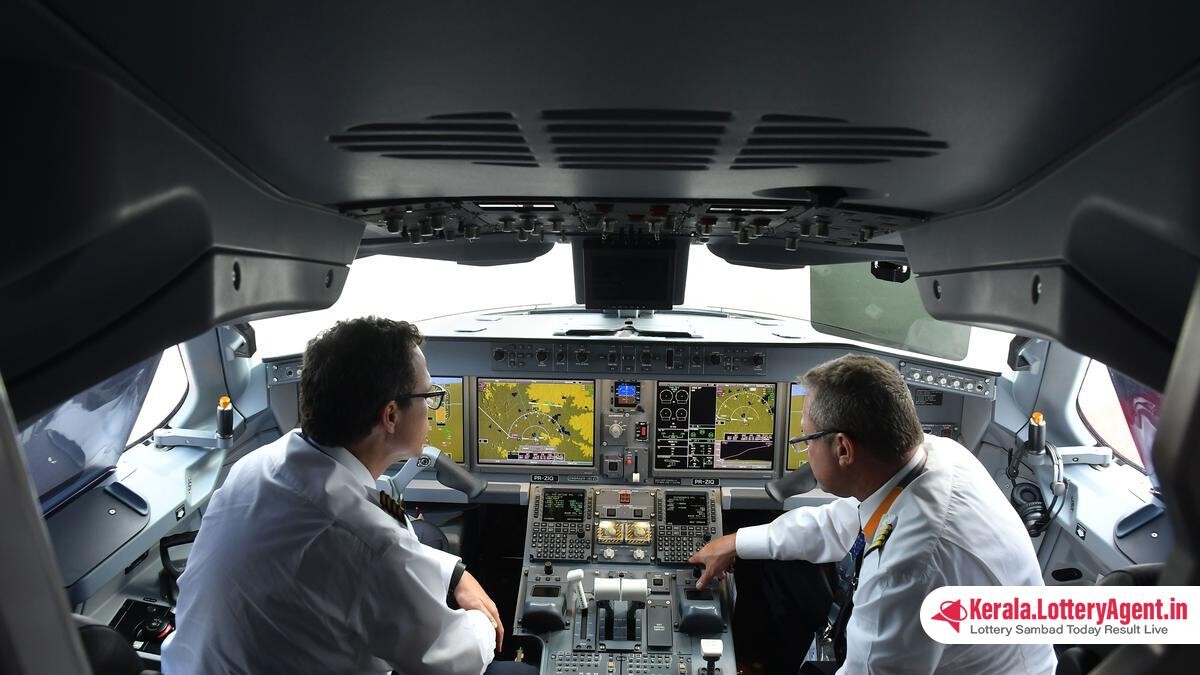
A significant move by India’s aviation safety watchdog, the Directorate General of Civil Aviation (DGCA), has put the country’s airlines on notice to specify their readiness to adhere to the newly revised duty and rest regulations for pilots. In a notice issued to domestic carriers on April 10th, the authority requested the airlines to chart out a clear timeline marking their strategies and eventual compliance with the updated Flight Duty Time Limitations (FDTL) norms.
The DGCA’s intervention comes after the Delhi High Court ordered the regulator to present a tentative schedule for rolling out the refreshed norms by May 8th. This directive heralds a potential shift in operational dynamics for the airlines since the new rules aim to provide pilots with enhanced rest periods to combat the rising concerns of overwork and fatigue within the cockpit crews.
Pilots have long raised the issue of exhaustion due to prolonged flying hours, particularly during nighttime operations notorious for exacerbating fatigue. The new regulations, initially unveiled on January 8th, sought to address these concerns head-on. The rules notably extend the minimum weekly rest period for pilots from 36 hours straight to 48 hours and impose restrictions on the number of night flying hours.
Despite the regulations’ clear intentions to bolster pilot wellbeing and safety standards, their enactment was met with stiff resistance from the airline industry. Airline operators argued that compliance would necessitate a substantial increase in their pilot rosters. Without this increase, carriers voiced concerns about the inevitability of slashing flight schedules by 15% to 20% – a move that would have drastic implications on their operations.
The DGCA had originally slated June 1 as the date for the revised norms to take effect. However, yielding to the airlines’ lobbying efforts, the regulator inserted a revised clause in March. This modification silently extended the implementation timeline indefinitely, providing the airlines with a reprieve.
Yet, the lingering question remains just how the airlines intend to move forward with the implementation without forcing a reduction in their flight frequencies. The aviation sector is already navigating a complex landscape of post-pandemic recovery, competitive fare pricing, and fluctuating fuel costs. Now, with the impending enforcement of the rest rules looming overhead, airlines must devise strategies to balance these elements without compromising the regulatory emphasis on pilot welfare and overall safety.
The DGCA’s recent notice effectively crystalizes the immediate future of the conversation around pilot duty norms. Airlines are now under duty to craft and submit a comprehensive roadmap that delineates their preparation stages and the realization of adherence to the amended FDTL standards. The timelines for such submissions are yet to be announced, and it is uncertain how flexible, if at all, the regulator will be with the schedules proposed by different carriers.
What is clear, however, is that the enhanced rest requirements underscore a broader shift toward prioritizing not just the physical and mental well-being of pilots but also the safety of passengers. As the landscape of global aviation evolves rapidly in reply to a myriad of challenges, regulations like those proposed by the DGCA signify a conscious move towards fostering a more sustainable and responsible aviation environment.
What remains to be seen is how the Indian aviation industry, currently on a trajectory of expansion and increased demand, will recalibrate to integrate these changes in a manner that minimizes disruption while elevating safety standards to new heights. The clock is ticking as the May 8th deadline draws closer, and the aviation community watches keenly to witness the airlines’ next move in this pivotal chapter of Indian civil aviation.












